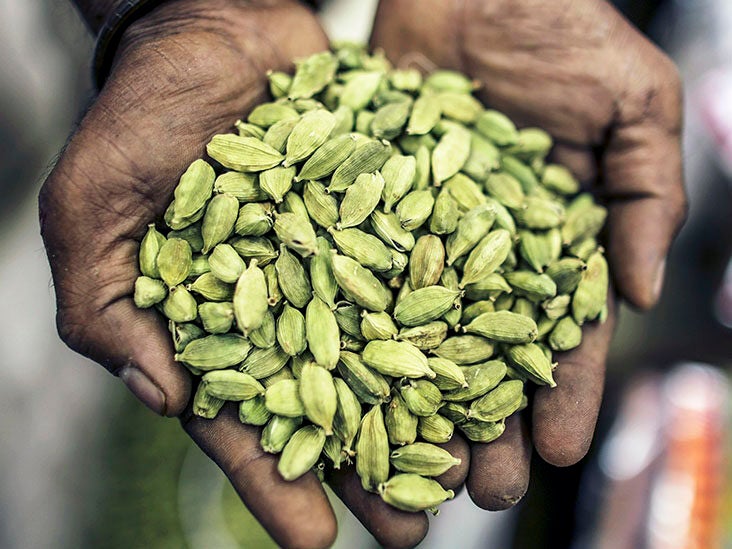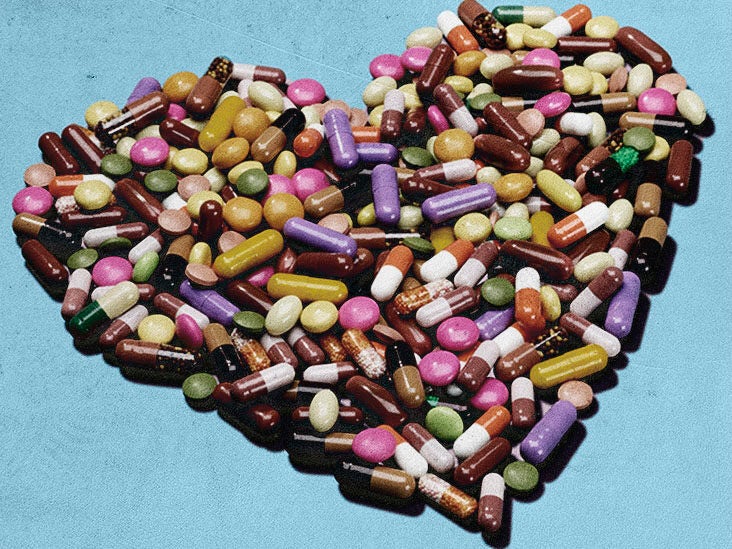 MNT’s Sunday Supplement: Alzheimer’s memory decay halted by nasal spray | Alzheimer’s disease causes a devastating loss of memory and cognitive function, affecting around 6 million people in the United States alone. There is no cure, but scientists are closing in on its causes, which will open the way to more effective treatments.
Scientists now believe that neuroinflammation may be a trigger for the disease, and Medical News Today has recently reported on diet and lifestyle changes that aim to reduce inflammation and the risk of developing Alzheimer’s. This week, we reported how researchers successfully halted further memory loss in mice with Alzheimer’s disease by delivering anti-inflammatory drugs directly to the brain via a painless nasal spray.
In earlier studies, anti-inflammatory drugs given as an intravenous infusion did not have a direct effect on Alzheimer’s progression. This new research is promising because it suggests that delivery as a nasal spray is more effective and likely to be well-tolerated by humans.
However, Alzheimer’s disease in humans is more complex than in mice, so more research is needed to see if learnings from the mice model of the disease transfer over to people.
To learn more about the link between inflammation and Alzheimer’s disease and how a nasal spray may one day halt its progression, jump to “Alzheimer's: Scientists stop memory loss in mice using nose drops.”
Also this week, we reported on how eating avocado a couple of times each week could cut your risk of heart disease, how a compound found in cardamom shows signs of being an effective treatment for triple-negative breast cancer, and a study that has sequenced the final 3 billion base pairs in the human genome.
We will be pausing the Sunday Supplement for Easter, but will return with our regular daily newsletter tomorrow. Please get in touch by email if you have any feedback, comments, or questions about this week’s Sunday Supplement.
Tim Snaith
Newsletter Editor, Medical News Today |
| | | 2 servings of avocado per week may cut heart disease risk by 16% |  | | | | New research finds that eating 2 or more servings of avocado per week is associated with 16% fewer adverse cardiovascular events. | READ ON  |
|
| | | | Yo-yo dieting may raise cardiometabolic disease risk |  | | | | New research in rodents suggests that yo-yo dieting may raise the risk of cardiometabolic disease later in life. | READ ON  |
|
| | | | Voice characteristics may predict coronary heart disease risk |  | | | | A new study uses artificial intelligence to show that voice analysis can predict the risk of coronary heart disease and its complications. | READ ON  |
|
| | | | Treating triple-negative breast cancer: Cardamom compound shows promise |  | | | | New research indicates that cardamonin, a naturally occurring compound found in the spice cardamom, shows promise in treating triple-negative breast cancer. | READ ON  |
|
| | | | Long COVID: Primate study reveals forms of ‘brain injury’ |  | | | | Researchers have studied the brains of primates with COVID-19 and found neuroinflammation, brain cell death, and microhemorrhages. | READ ON  |
|
| | | | How COVID-19 impacted sustainability, and what this means for health |  | | | | How has the COVID-19 pandemic impacted global sustainability goals, what does this mean for health, and what lessons have we learned? We investigate. | READ ON  |
|
| | | | Resistant high blood pressure: Gut bacteria may be to blame |  | | | | New research in rats suggests that the composition of one's gut bacteria may interfere with the efficacy of high blood pressure treatment. | READ ON  |
|
| | | | Landmark achievement: Scientists fill in the gaps in the human genome |  | | | | Knowing the complete sequence of the human genome will provide a comprehensive framework for scientists to study human genomic variation, disease, and evolution, researchers say. | READ ON  |
|
|
|
|
Comments